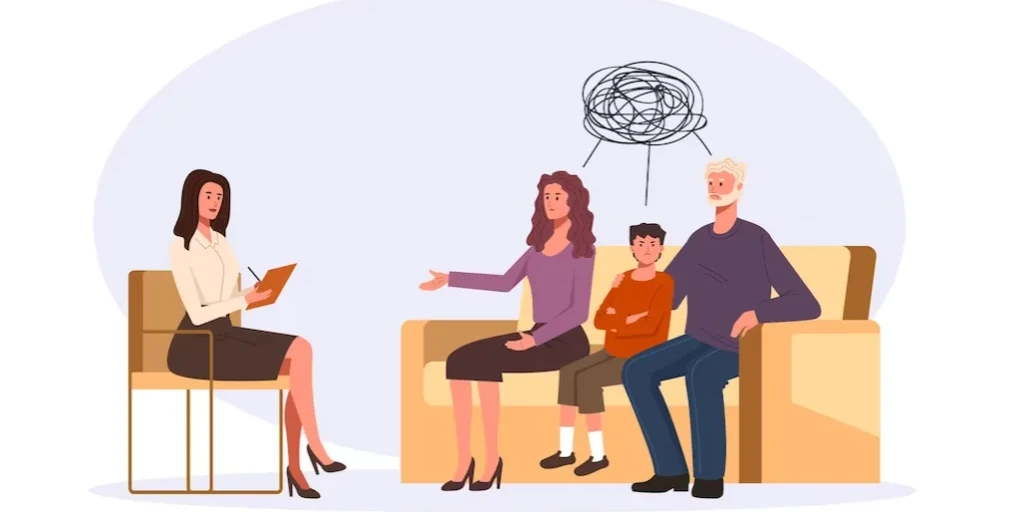24/7 Helpline:
(866) 899-111424/7 Helpline:
(866) 899-1114
Learn more about Depression Treatment centers in Bush
Depression Treatment in Other Cities

Other Insurance Options

Optima

Sliding scale payment assistance

Health Partners

Humana

Aetna

Absolute Total Care

Anthem

Multiplan

Sutter

Choice Care Network

Covered California

Carleon

AllWell

UMR

Health Net

State Farm

Regence

Highmark

Meritain

Providence













